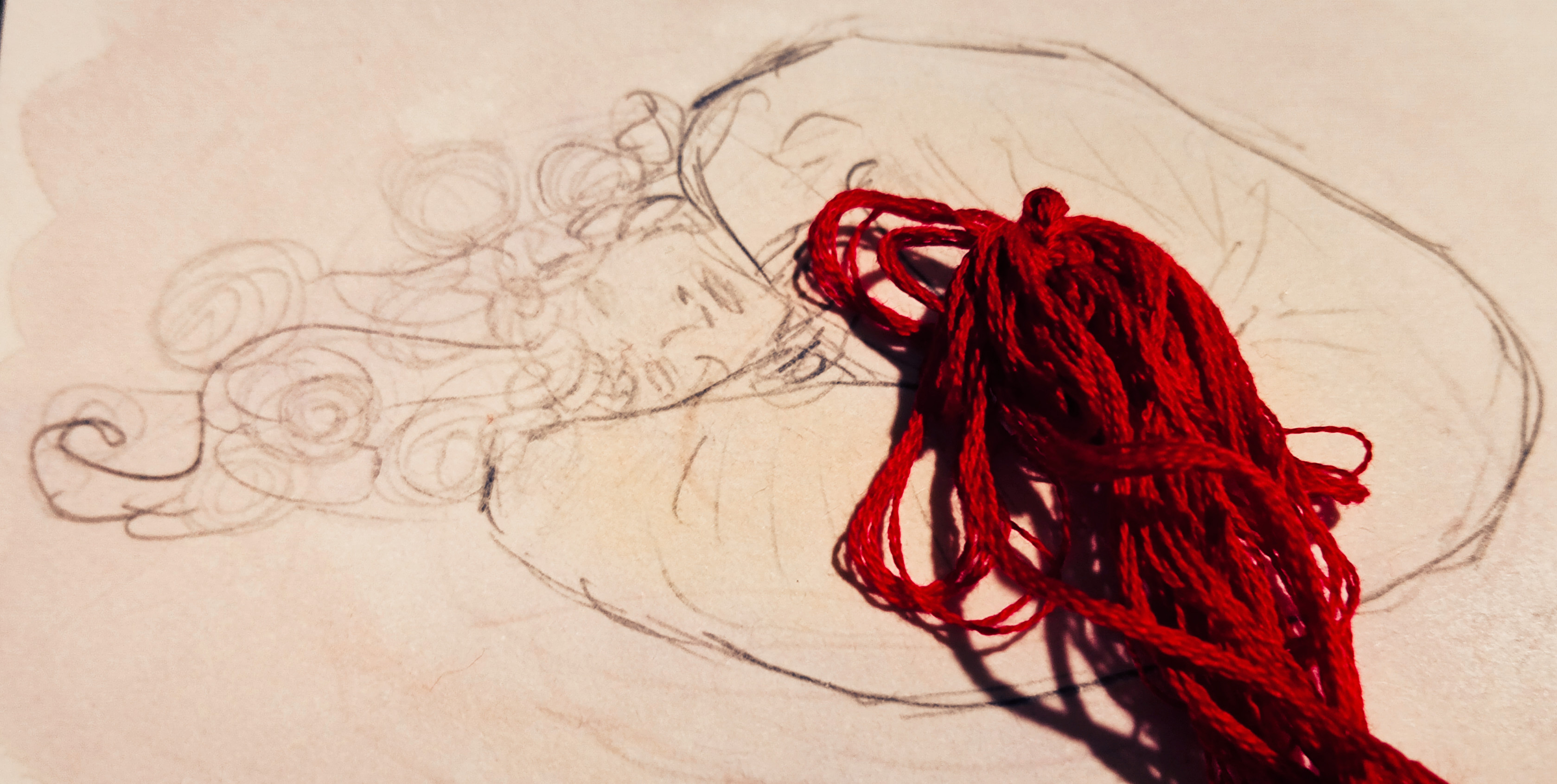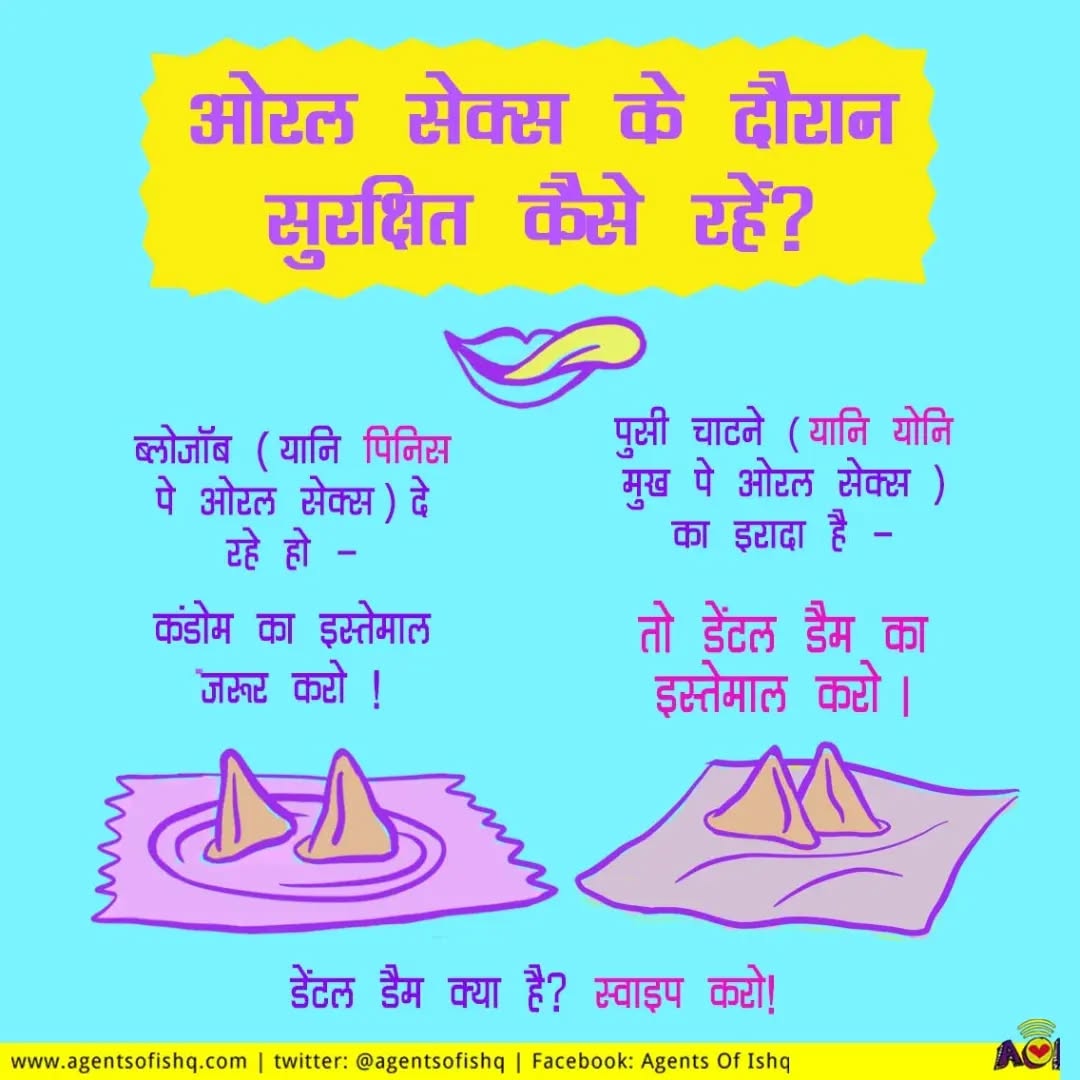When I was a child, I thought being able to go outside the Army Campus where I lived without an adult would be freedom. In college, not having to answer to my parents about where I went and what time I’d be back seemed an urgent freedom. Now as a financially independent woman, I value and seek ever more freedoms: The freedom to move, the freedom to chose, the freedom to speak. Freedom has no fixed address.It’s meanings are always changing, always on the move. Like Jugni, a figure I encountered when I began to think more about freedom as a concept, not only my immediate demand. Theories and stories surround the figure of Jugni, in Punjabi songs. Like most Hindi speaking people I imagined jugni meant a female jugnu or firefly. Tiny specks of blinking lights, that appear after rainy days, better in the wild than in captivity.Later I learnt the Jugni has deeper roots Punjabi folk poetry and songs. Some say it originated in the early nineteen hundreds along with the feeling of unrest against the British in Punjab. In Sufi thought, Jugniis a feminine spirit, who often preaches the name of the Lord ( also referred as the lover), and is often seen seeking him. In more modern renditions - popular music, wedding and movie songs - Jugni is embodying a young woman.Even as we live, creating new images and definitions of freedom, so Jugni moves and changes with us, though always symbolising a free spirited feminine energy that travels, who lights a spark of freedom where she goes - for people to make of it what they will.Here are a few Jugni-thoughts this Independence Day as we think about the meanings of freedom.
Jugni Songs and the Traveling Sparks of Freedoms
Freedom has no fixed address. It’s meanings are always changing, always on the move. Like Jugni.
Written by Umang Sabarwal
Score:
0/
Related posts
 How To Smell And Taste Good Down There
Partner going down on your buffet? Tips for a yummy garnish!…
How To Smell And Taste Good Down There
Partner going down on your buffet? Tips for a yummy garnish!…
 मैंने खुशी-खुशी अपना दिल उनको दिया, लेकिन उनको चाहिए थे बच्चे और एक देसी बहू
स्थायी बीमारी में डेटि…
मैंने खुशी-खुशी अपना दिल उनको दिया, लेकिन उनको चाहिए थे बच्चे और एक देसी बहू
स्थायी बीमारी में डेटि…
 If Life is Box Full of Chocolate Boys!
#HappyChocolateDay to the men who smile, are vulnerable, and…
If Life is Box Full of Chocolate Boys!
#HappyChocolateDay to the men who smile, are vulnerable, and…
 What is Fellatio? The AOI Sex Glossary
Is it ice-cream ka flavour, like pistachio? Well, it does ha…
What is Fellatio? The AOI Sex Glossary
Is it ice-cream ka flavour, like pistachio? Well, it does ha…
 Sorry Thank You Tata Bye Bye - A Music Video About Age of Marriage In Collaboration With Oxfam India
Sorry Thank You Tata Bye Bye - A Music Video About Age of Marriage In Collaboration With Oxfam India
 Ammuma’s Haircut and Her Romantic Past
If Ammuma's hair was one to divulge, what would it reveal ab…
Ammuma’s Haircut and Her Romantic Past
If Ammuma's hair was one to divulge, what would it reveal ab…
 It Was ‘Twilight’. I Woke Up Bisexual.
How one can stumble upon one's (bi)sexuality with the help o…
It Was ‘Twilight’. I Woke Up Bisexual.
How one can stumble upon one's (bi)sexuality with the help o…
 To All the Boys I Couldn't Love Before
What fleeting connections with many interesting men tell you…
To All the Boys I Couldn't Love Before
What fleeting connections with many interesting men tell you…
 Tell Me Tarot, Will He Ever Come Back?
After Manjari is ghosted, all search for closure leads to he…
Tell Me Tarot, Will He Ever Come Back?
After Manjari is ghosted, all search for closure leads to he…
 How My Girlfriend's Abortion Made Me A Better Man: A Comic
M's story about a life-changing incident.
How My Girlfriend's Abortion Made Me A Better Man: A Comic
M's story about a life-changing incident.
 Do You Know How to Give Women Orgasms?
This app will teach you how and we got some Agents to try it…
Do You Know How to Give Women Orgasms?
This app will teach you how and we got some Agents to try it…
 The AOI Queer Reading List: Desi Languages Version
Queer readings from non-English Indian languages.
The AOI Queer Reading List: Desi Languages Version
Queer readings from non-English Indian languages.
 What Makes Your Sexual Confidence Go Up and Down
Sexual confidence is like a Snakes and Ladders Game
What Makes Your Sexual Confidence Go Up and Down
Sexual confidence is like a Snakes and Ladders Game
 KISS MEIN KITNA HAI DUM: 19 KISS POEMS
Kisses that go from sweet to saucy, tender to raunchy, misch…
KISS MEIN KITNA HAI DUM: 19 KISS POEMS
Kisses that go from sweet to saucy, tender to raunchy, misch…
 Savita Bhabhi and I: A True Love Story
Here is something you should know about me. I wrote three st…
Savita Bhabhi and I: A True Love Story
Here is something you should know about me. I wrote three st…
 How Posing in the Nude Changed My Life
A young gay man who hates being touched, is awkward about ha…
How Posing in the Nude Changed My Life
A young gay man who hates being touched, is awkward about ha…



















































































































































































































































































































































































































































































































































































































































































































































































































































































































































































































































































































































































































